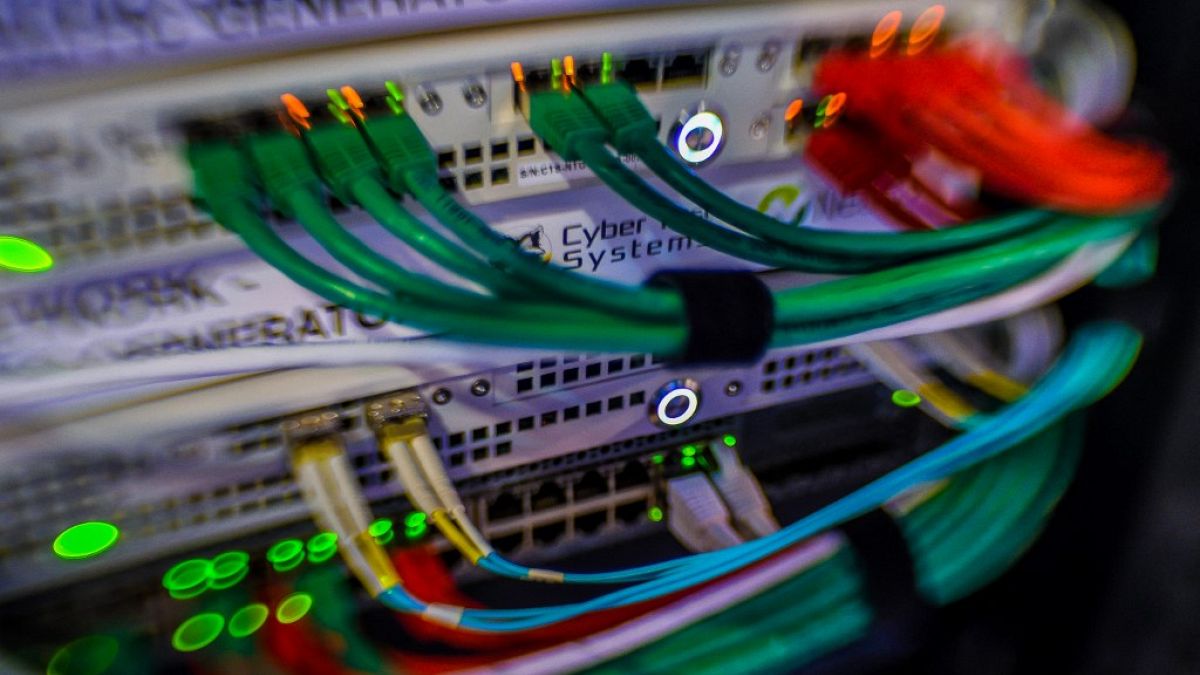Cybersecurity expert Miguel De Bruycker told Euronews that the increase in online attacks is a challenge for Europe.
People may have to accept less online anonymity if they want to be better protected from cyberattacks, according to one expert.
Miguel De Bruycker the managing director of the Centre for Cybersecurity Belgium told Euronews that with internet and data security becoming a bigger issue people might have to give up some of their online obscurity to guarantee more safety.
If this was to happen, it would essentially mean a digital ID for surfing the internet, so cyberattacks would, in theory, be more traceable.
"We should implement many more layers for security based on digital identity. If I want to visit a website like recipes for the barbecue, I don't care if the owner is unknown," De Bruycker said.
"But if I want to leave my credit card or my personal data on this website, I prefer a website where the owner has a certificate like an extended validation certificate or extended validation certificate".
Just last week, the European Commission laid out proposals for a European Digital Identity.
It wants citizens to be able to use the identity for all sorts of everyday tasks, like requesting birth certificates, reporting a change of address, renting a car, applying for a loan or checking into a hotel. All public services and large private platforms would be obliged to accept it.
The bloc is also looking to secure its own "digital sovereignty", which for French President Emmanuel Macron, means ensuring that the data of European companies remain on continental servers.
But according to De Bruycker, this could be difficult due to the fact that the EU doesn't have its own tech giants like Google or Alibaba that provide data hosting services.
"In Europe, we do not have big companies such as Google, Amazon or Facebook that allow us to use all these wonderful internet services and for the moment we are using US companies, but it will change in the future. How will European level cope with that is the question," De Bruycker said.
It comes with MEPS set to debate recent cyberattacks on European soil on Wednesday, including on the European Medicines Agency.
The incoming Slovenian council presidency also wants to make cybersecurity a priority, but Spanish MEP Pilar del Castillo Vera told Euronews that Brussels has prioritised online threats for a number of years now.
"The EU has been developing a consistent policy, one that always goes in one direction, that is, to be able to prevent and respond to such attacks," Castillo Vera explained.
"How does the European Union do it you might ask? Well, establishing a system of cybersecurity coordination centres located in all member states is one way. Within a few months also, Brussels will, for the first time, approve a joint unit to deal with cyberattacks."
The European Parliament will also debate online abuse this week to see how it can be prevented and dealt with when necessary.
